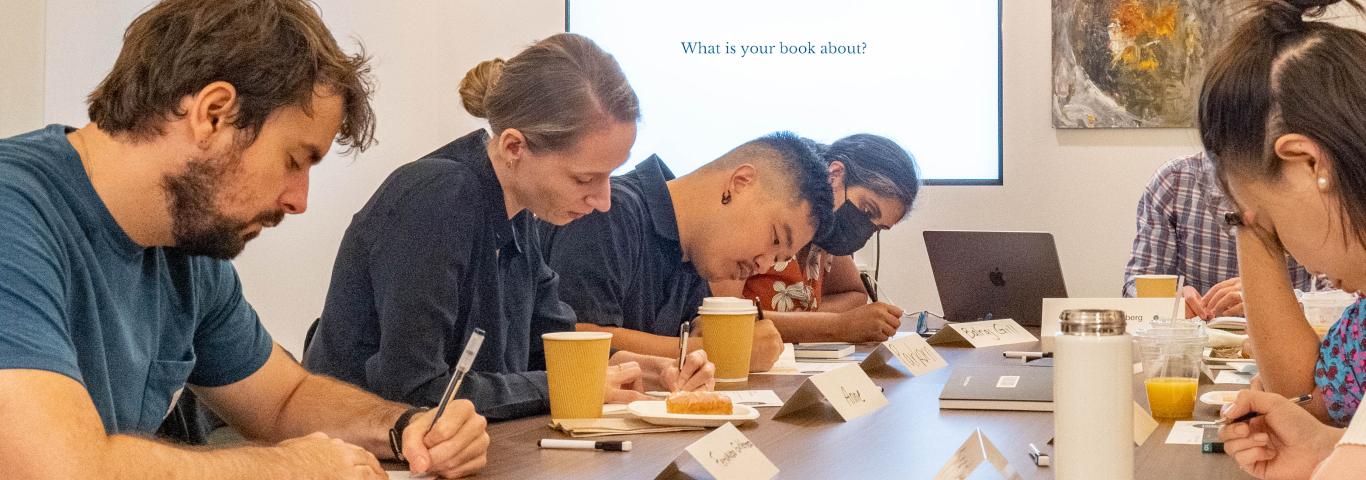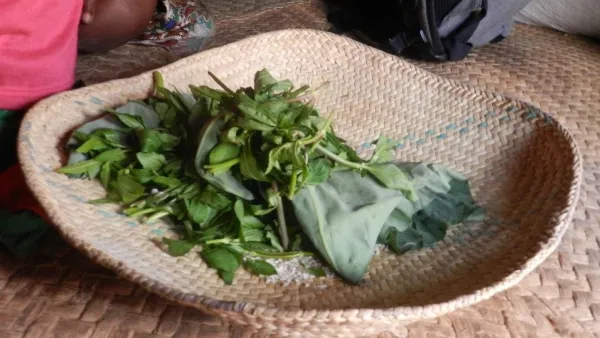In 2023, the Program in Public Scholarship began its work of connecting Washington University faculty with media outlets to share their academic expertise with broad, general audiences. The program assisted faculty with conceiving, pitching, and refining articles for publication.
Among the dozens of articles published this year through the Program in Public Scholarship, here is a selection of five that spotlight the program's diversity of subject matter, tone, and outlets.
"These five pieces reflect a range of activities that we support through the Program in Public Scholarship," said Christopher Schaberg, Director of Public Scholarship. "Whether it’s an excerpt of a new book (Harvey Wingfield), a look inside a long-term collaborative research project (Ogliore), fresh takes on digital media (Chen), timely cultural criticism (Bogost), or writing about innovative approaches to higher education (Acree), we delight in seeing our WashU scholars reach wide audiences through dynamic platforms."
Have an idea—no matter how vague—from your research or creative work that might lend itself to the public? Get in touch.
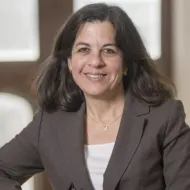 Jianqing Chen on WeChat, at The Conversation:
Jianqing Chen on WeChat, at The Conversation:

"WeChat’s inconspicuousness on my phone screen is no accident. Although WeChat is an everything app in the sense of being a digital hub for over a billion users, the app’s design is intentionally grounded in a more nuanced and philosophical meaning of the word 'everything' than you might expect. WeChat is what media scholars call 'elemental': inconspicuous and nonintrusive, yet pervasive and as fundamental as the natural elements, just like air, water and clouds."
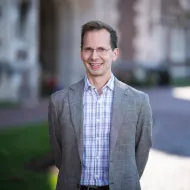 Billy Acree on Reconfiguring the PhD, at Inside Higher Ed:
Billy Acree on Reconfiguring the PhD, at Inside Higher Ed:

"But large-scale and frequent collaboration across Ph.D. programs is nonexistent—despite students expressing their interest in crossing borders and employers consistently clamoring for that experience—and at odds with long-standing and more recent pleas for Ph.D. reform. Simply put, the overarching configuration remains unchanged, and little experimentation has occurred with doctoral program design, unlike what we see with undergraduate and even master’s-level programming."
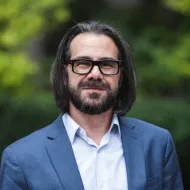 Ian Bogost co-hosts "How to Keep Time" podcast at the Atlantic:
Ian Bogost co-hosts "How to Keep Time" podcast at the Atlantic:

Why can it feel like there’s never enough time in a day, and why are so many of us conditioned to believe that being more productive makes us better people? On How to Keep Time, co-hosts Becca Rashid and the Atlantic contributing writer Ian Bogost talk with social scientists, authors, philosophers, and theoretical physicists to learn more about time and how to reclaim it.
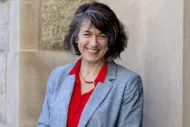 Ryan Ogliore on Jupiter's moon Io, at Slate Future Tense:
Ryan Ogliore on Jupiter's moon Io, at Slate Future Tense:

"I’m currently leading a group of scientists and engineers in developing an exciting robotic space mission to explore Io’s volcanoes the same way a human geologist would: by observing eruptions up close and bringing samples back to the lab. Since Io’s volcanic plumes are spewing gas and dust more than 100 miles into space, collecting samples from Io’s volcanoes is easier than getting samples from other worlds. Instead of performing a soft landing, trying to find the perfect spot to collect a sample, collecting a sample, and then launching again to return the sample to Earth, we can just fly through one of the volcanic plumes."
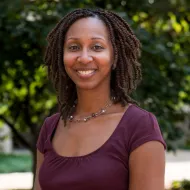 Adia Harvey Wingfield from her new book Gray Areas, at Time:
Adia Harvey Wingfield from her new book Gray Areas, at Time:

"Today, work drives racial inequality through its cultural, social, and relational aspects—what I refer to as “the gray areas.” Gray areas exist apart from the specific expectations and duties that are required for a given job, and because of this, they are much more amorphous, ambiguous, and difficult (though absolutely possible) to change. They can inform how we gain employment, how those jobs are done, what norms and values are given priority in a workplace, or how we advance or leave a company."
